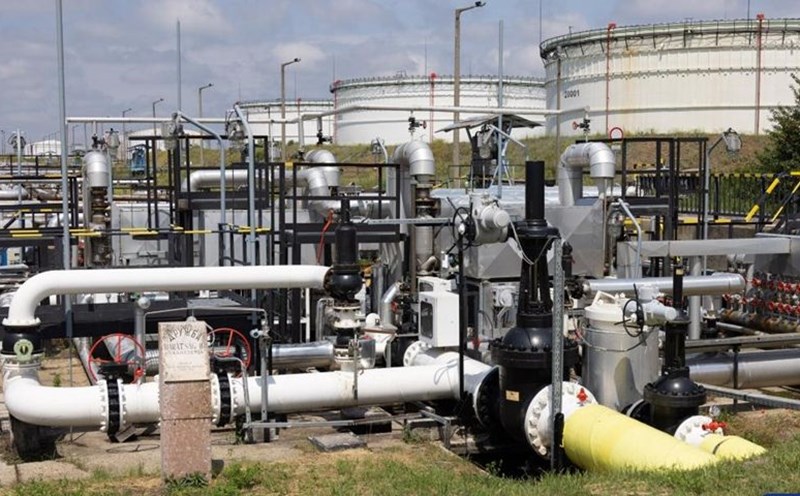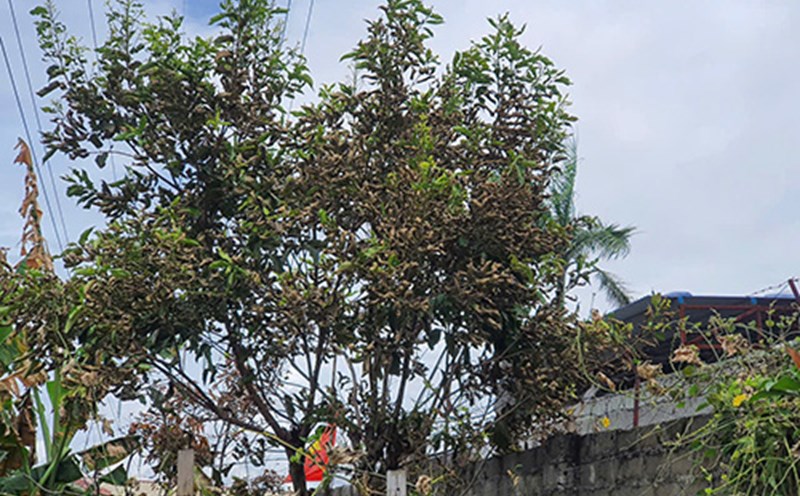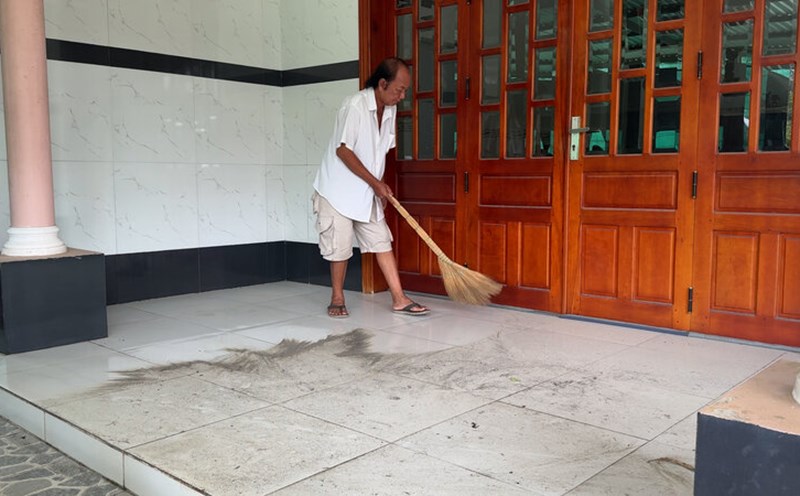German officials and environmental groups have strongly criticized Poland's plans to exploit newly discovered oil and gas fields in the Baltic Sea, warning of the risk of catastrophic damage to the local ecosystem - according to local media on July 23.
Canada's Central European Petroleum Company (CEP), which has held exploration rights off the west coast of Poland since 2017, announced the discovery of the Wolin East field on July 21, describing it as Poland's largest oil and gas field discovery and one of the largest discoveries in Europe in a decade.
The mine is located 6km from Swinoujscie port on the Polish-German border, which separates the sovereign island of Usedom between the two countries, and is famous for its resorts.
CEP estimates that the exploitable reserves are more than 33 million tons of oil and 27 billion cubic meters of gas, with the potential to produce more than 400 million barrels of converted oil.
However, German officials are concerned that the project will harm tourism and the local ecosystem. Mecklenburg-Western Pomerania Environment Minister Till Backhaus told Die Welt that the plans "go against the environmental and tourism interests of Germany" and criticized Warsaw for not notifying Berlin in advance of the exploration for cross-border potential environmental impacts, violating cross-border environmental agreements.
In addition to concerns about noise, vibrations and the risk of destroying marine ecosystems, the Mayor of Heringsdorf town on Usedom island, Ms. Laura Isabelle Marisken, in response to Bild, called on the Polish government to be transparent in information and ask Berlin to protect local rights. She affirmed: "This is not a place to wear even in political - industrial card games".
The Environmental Organization Lebensraumvorpommern accused Poland of destroying the Wolin coast in the Baltic Sea - a nature protection area, and warned of the risk of an environmental disaster. The group said it is planning to sue the Polish government.
There has been no official response to the exploitation plan from Berlin so far.
Poland sees the discovery as a breakthrough that could reduce its dependence on imported energy. Deputy Foreign Minister and Head of the Geology Department Krzysztof Galos said the mine could meet 4-5% of annual oil demand, with exploitation starting after another 3-4 years, depending on the license.
The European Union (EU) is working to find an alternative energy source from Russia after supply has declined due to sanctions related to the Ukraine conflict.
Russia has called the restrictions illegal, warning the EU would be forced to rely on more expensive alternative energy sources or indirect imports.











